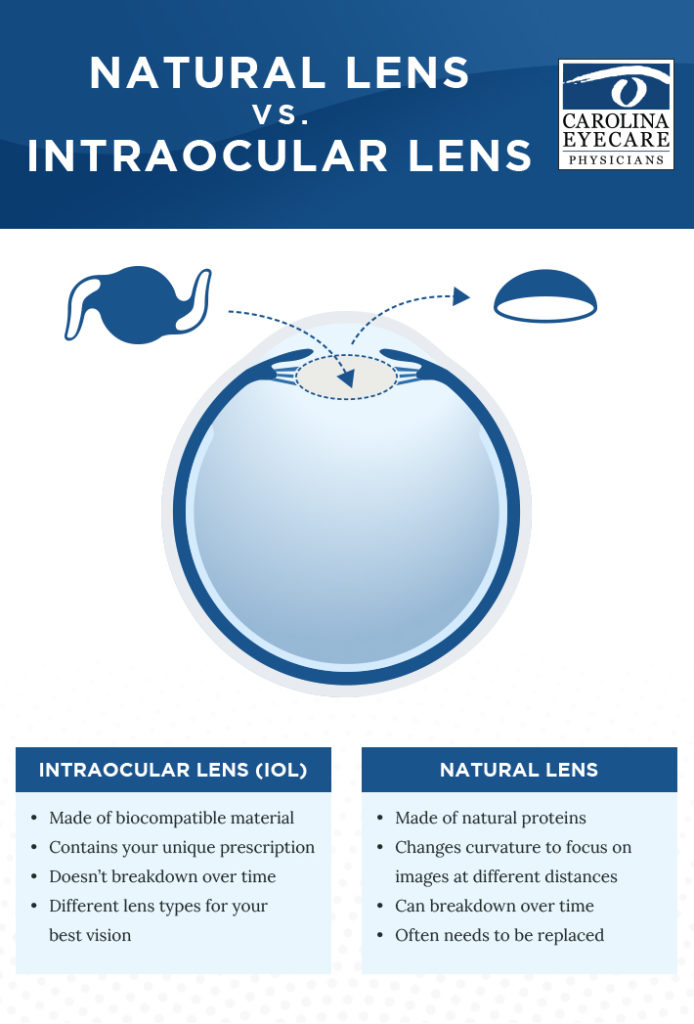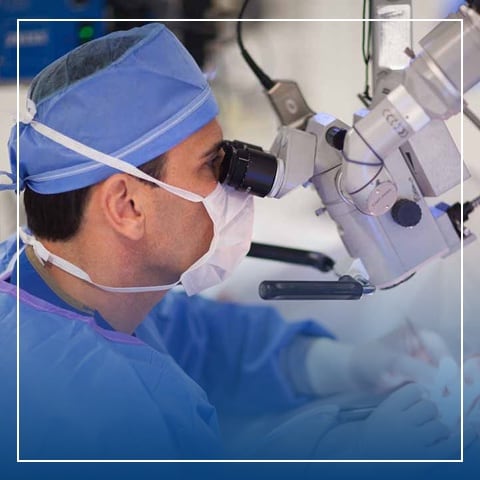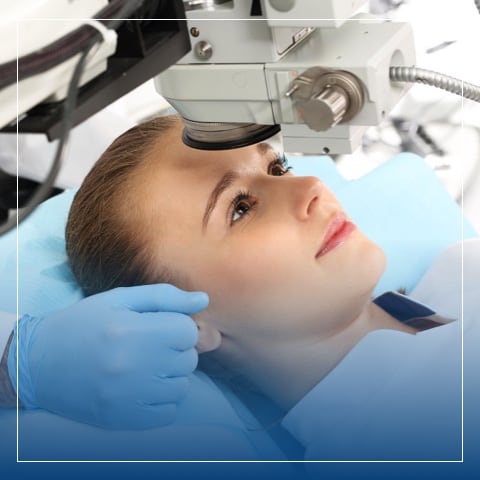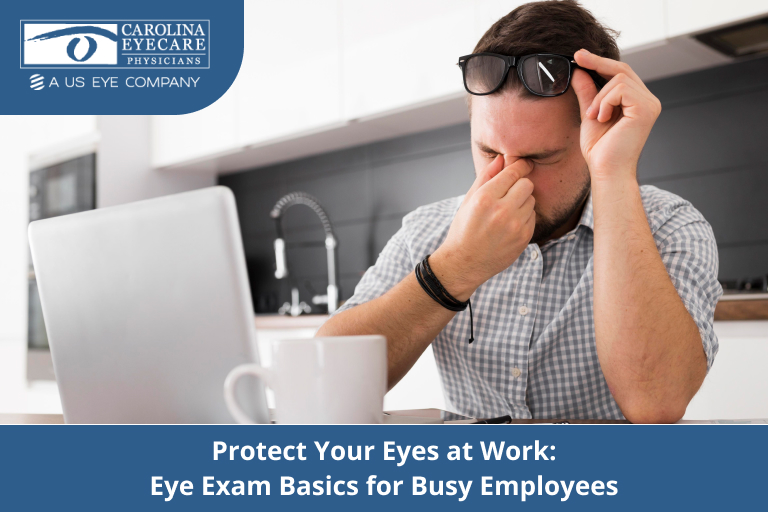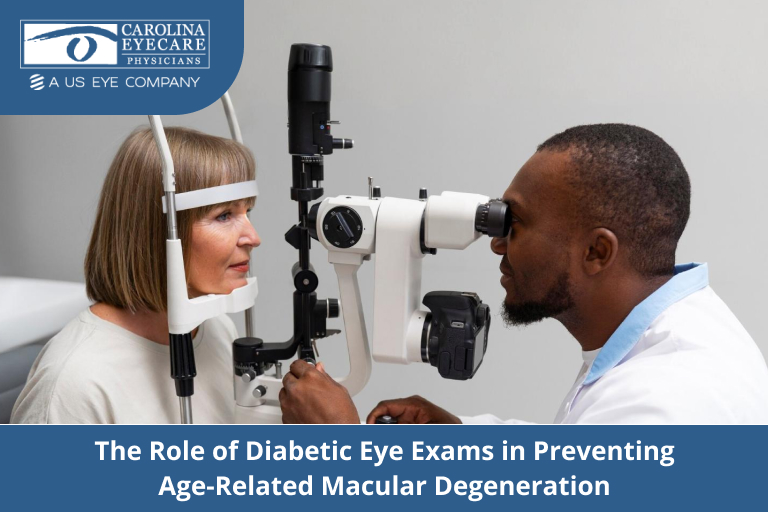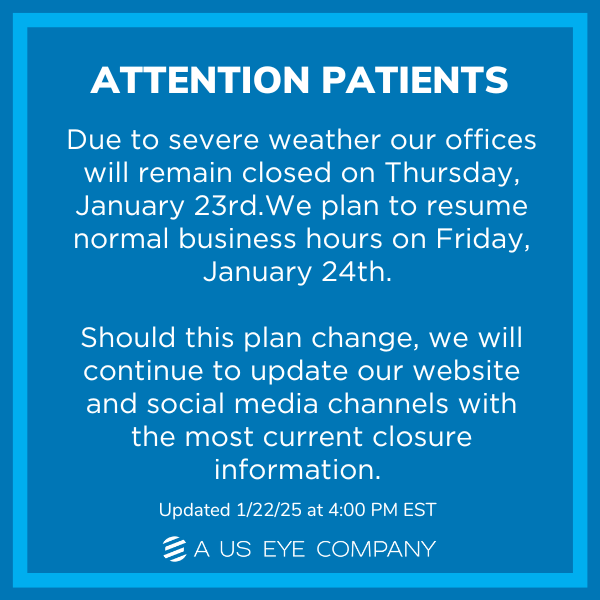Reviewed By: Kerry D. Solomon, MD
As we age, our vision can begin to deteriorate, and the world can become less vivid, often necessitating the consideration of intraocular lens implants. If some of your favorite sights are becoming less colorful and a little blurry, maybe it’s time to see your eye doctor about the possibility of cataracts.
Regular eye exams are essential when it comes to monitoring your eye health. Early detection, especially of something like cataracts, makes it possible to provide the best care as quickly as possible to increase your quality of life.
Your ophthalmologist might suggest surgery involving intraocular lens implants when your cataracts are developed enough to impair your vision. Don’t be intimidated by this; while you might be curious about how long cataract surgery lasts, it’s important to know that surgery is the only way to effectively remove a cataract (and keep it from coming back)! Many patients wonder, ‘How long does cataract surgery last?’ Laser cataract surgery is a fully customizable and precise solution to help you see clearly again.
What is a Cataract?
The lens in our eye is responsible for bending and focusing light rays on the cornea so we can see. Our natural lens should be clear. A cataract is when the lens becomes foggy and interferes with the way light focuses. Some symptoms of cataracts include:
- Blurry vision
- Double vision
- Sensitivity to light
- Trouble seeing at night
- Bright colors become faded or yellow
Aging is the most common cause of cataracts. In fact, we all get them if we live long enough. The natural proteins in the lens break down and cause the lens to get cloudy. Cataracts most commonly occur in people over the age of 60 but can appear even earlier. Other causes of cataracts include:
- Genetics
- Medical conditions such as diabetes
- Smoking
- Eye injury
- No protection from the sun’s UV rays
- Certain medications
With advanced laser treatment for cataracts, you can go back to enjoying the activities you love.
How Does Laser Cataract Surgery Work?
Laser cataract surgery is a quick and effective lens replacement procedure to help restore (and improve) your vision. The laser technology improves the precision of many crucial steps in the procedure. Your ophthalmologist will replace the natural, clouded lens with an intraocular lens (IOL).
Intraocular Lenses (IOLs)
IOLs are clear, artificial implants. Much like the prescription in your eyeglasses or contact lenses, IOLs contain your individual prescription to give you the best possible visual results.
There are different types of IOLs. After a thorough assessment, your ophthalmologist will recommend the right one for you. These include:
- Monofocal
- Multifocal
- Accommodative
- Toric
Surgery Steps
You can expect the following during the process of laser cataract surgery:
- Eye drops or injections will be used to numb your eye. You will be awake during the surgery and can see light and movement, but will not see what the surgeon is doing.
- A tiny incision will be made with a laser near the edge of the cornea to reach the lens.
- The cataract is gently broken up and vacuumed out.
- A premium IOL is inserted through the small incision to take the place of the clouded lens.
Typically, you can return home to your normal activities following your procedure. Your ophthalmologist will give you post-care instructions to ensure you have the best possible results.
Long Lasting Benefits
Clear vision from laser cataract surgery and advanced IOLs allow you to see at all distances.
What’s great about intraocular lenses is they are made of acrylic or silicone. These materials are biocompatible, meaning they can coexist with the surrounding tissues. IOLs don’t need to be replaced because they don’t break down over time like natural lenses. A replacement may occur if it’s necessary for patient satisfaction or technological advancements. Once you have laser cataract removal with a premium lens, you are set for the rest of your life! After a cataract is successfully removed, the chances of it coming back are next to none.
Is Laser Cataract Removal Right For You?
It is important to remember that no two eyes are the same. After your ophthalmologist evaluates your eyes, a laser treatment for cataracts plan will be made specifically for you, based on your goals and what your provider thinks will help you get there.
Carolina Eyecare Physicians offers three Vision Options, including Advanced Vision, Custom Vision, and Basic + Vision.
- Advanced Vision: Reduces or eliminates the need for glasses for all vision issues (near, intermediate, and distant).
- Custom Vision: Allows you to customize your vision and choose whether you use glasses for near or distance vision.
- Basic + Vision: Eliminates vision issues from cataracts but does not correct other vision issues like nearsightedness and farsightedness. Most patients will still need glasses.
This premium service can take your vision to the next level. We want you to love life without glasses!
Schedule an appointment with us or any of our sister locations for more information at North Charleston, Summerville, Belle Hall, Walterboro, Ladys Island, or West Ashley III, SC, USA.
**The information provided in this blog on lens implants and IOLs is for general informational purposes only. Remember to seek advice from a qualified eye care professional with any questions you may have regarding your specific medical condition or treatment options**

